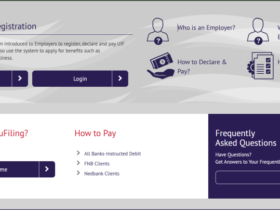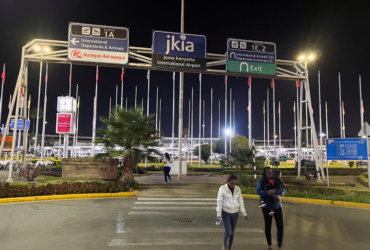The South African Reserve Bank (SARB) has suspended the rollout of Postbank’s new black South African Social Security Agency (SASSA payment card), throwing the distribution of monthly social grants to over 28 million beneficiaries into uncertainty.
The new cards were meant to replace the ageing gold cards used by SASSA grant recipients, one of Africa’s largest social welfare programmes. The transition to black cards, issued by state-owned Postbank, was part of the government’s plans to enhance security and modernise the payment system.
On Tuesday, SASSA confirmed that the issuance of Postbank’s black card has been suspended, urging beneficiaries who have not yet received their cards to consider opening accounts with other banks of their choice to continue receiving payments.
“The Sarb instructed Postbank, with the guidance of Sassa, to ensure that beneficiaries who have not yet migrated to the black cards can use their gold cards and receive their grants and that there is minimal disruption while they are moving to alternative sources, such as their bank of choice,” said Bridget Masango, chairperson of the Portfolio Committee on Social Development.
Administrative inefficiencies, fraud, and infrastructure challenges have dogged South Africa’s grant system. Previous attempts to digitise services and reduce reliance on physical service points have not yielded much, with many beneficiaries expressing distrust in digital platforms and preferring in-person assistance.
The card transition programme was a key part of Sassa’s modernisation efforts. The SARB’s directive has not been detailed, and the central bank and Postbank have failed to provide a clear timeline for when card issuance will resume.
“SASSA remains hopeful that all beneficiaries will continue to receive their funds. We also want to emphasise that beneficiaries have the right to choose any bank of their preference. They can visit their nearest SASSA local office for assistance if needed,” said Paseka Letsatsi, Sassa spokesperson.
Despite Sassa’s assurance, many beneficiaries, particularly in rural areas, could be affected by long queues, limited access to bank branches, and inconsistent communication from officials.














Leave a Reply